It’s bedtime. You settle into your bed, turn the lights off, and rest your head against the pillow. How many minutes later do you fall asleep?
The normal time it takes most people to fall asleep at night is between 10 and 20 minutes.
Of course, there are certain nights this time may be more or less, but if you fall asleep too quickly or if it takes beyond a half hour most nights to drift into dreamland, there may be an underlying issue to consider.
Healthy sleep is an essential part of life. Trying to establish a normal sleep pattern is critical to everyday functioning.
Normal sleep for adults means that you fall asleep within 10 to 20 minutes and get about 7–8 hours a night. Children and adolescents need about 10 hours of sleep, and babies, toddlers, and preschool-aged children need even more.
The time it takes you to fall asleep is known as sleep latency. If you fall asleep before or after the typical 10 or 20 minutes it generally takes, you may have an underlying sleep condition.
One study found that your sleep quality will decrease if it takes you longer than a half hour to fall asleep.
You may find that it’s difficult to fall asleep once in a while — that’s perfectly normal.
Sometimes you may have difficulty turning your brain off because you’re worried about something or because of an unusual event in your life.
On the other hand, you may fall asleep instantaneously if you’ve had a difficult night of sleep the previous night or a particularly exhausting day. This isn’t a cause for concern if it occurs occasionally.
There may be several reasons you can’t fall asleep at night, including:
One reason you may not be able to fall asleep within the normal time frame is because you’re trying to go to bed too early or because of external factors like jet lag.
Your body has a natural biological, or circadian, rhythm.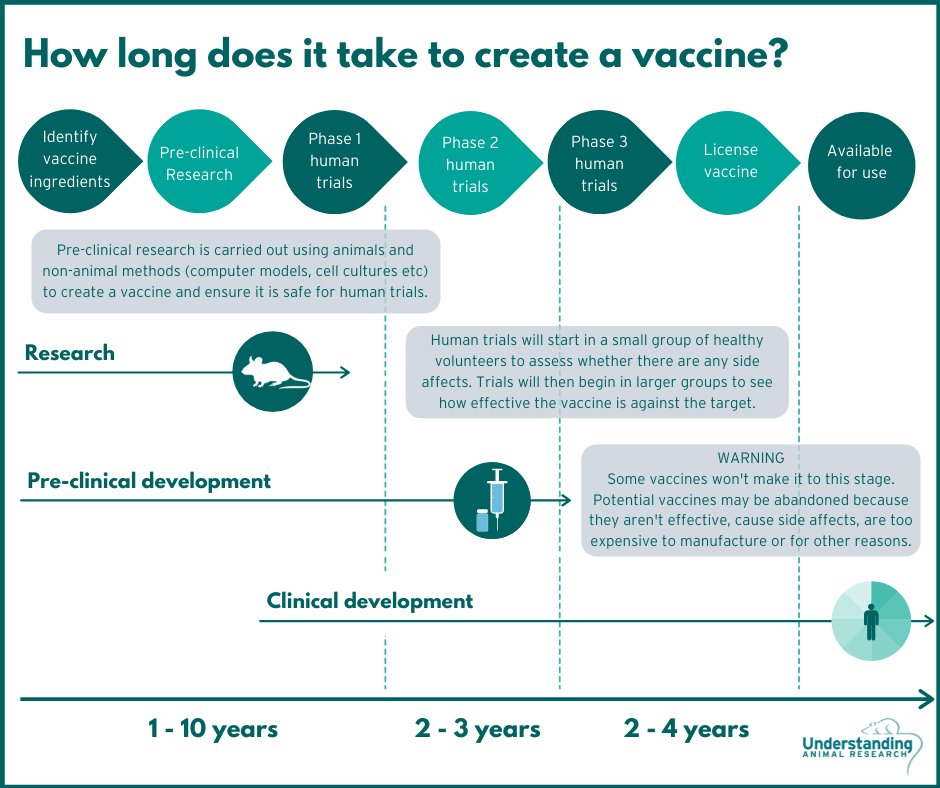
A biological rhythm is a 24-hour cycle that runs your body and indicates to you when it’s time to sleep, wake, and eat, among other signals.
Not everyone’s clock is the same. Some people prefer to go to bed earlier and wake up earlier. Others may rev up in evening hours, becoming more productive as the evening passes.
If you’re more of a night person, your natural bedtime may be later and you may sleep later in the morning than the early bird.
Another reason you may not be able to fall asleep after 10 or 20 minutes is because of a poor nighttime routine.
You need to facilitate sleep for your body in the same way every night to achieve quality sleep. This includes:
Making sure your bedtime stays relatively consistent is also key to quality sleep and falling asleep within the normal range.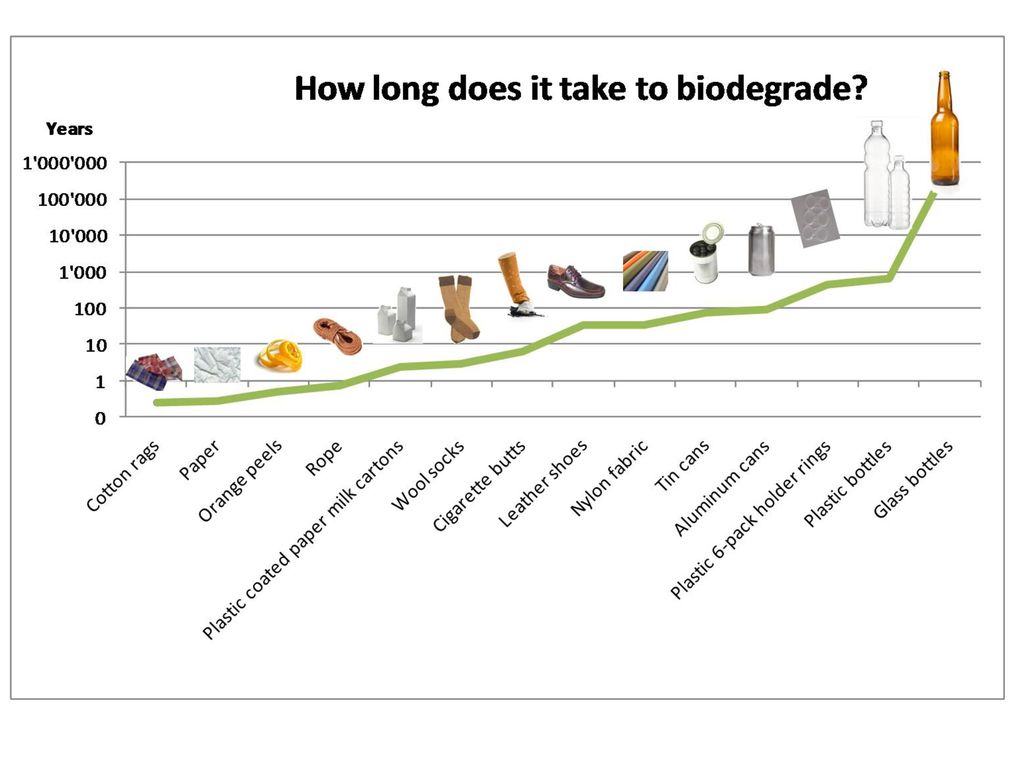
Getting too much sleep can make it difficult to fall asleep at night. Make sure you’re aiming for 7 to 8 hours a night if you’re an adult, and avoid taking late afternoon naps.
Another reason you may not be able to fall asleep is because of an underlying sleep condition like insomnia.
Insomnia can occur randomly or because of other health conditions or medications you take. If you can’t fall asleep within a half hour of turning off your light for the night on a regular basis, talk to your doctor.
Your doctor may suggest helpful nighttime strategies or recommend that you undergo a sleep test to determine the severity and cause of the insomnia.
Treatments for insomnia may include creating and adhering to better sleep habits. Your doctor may recommend certain medications for chronic insomnia.
Falling asleep too soon may be another sign of sleep trouble. It may be a sign of sleep deprivation.
Your body needs to average a certain amount of sleep each night, and if you cut yourself short of needed sleep, you may end up with sleep debt. This can result in feeling fuzzy, experiencing moodiness, and feeling tired.
This can result in feeling fuzzy, experiencing moodiness, and feeling tired.
It can also lead to health conditions like high blood pressure and stress, as well as lower immunity to fight off colds and flu.
To get more sleep, change your bedtime routine to accommodate for more hours of sleep. Or if you have to cut a few hours out one night, go to bed earlier or sleep in the next night if you can.
Setting good sleep habits will help you fall asleep within the normal range of time. Here are some ways to practice healthy sleep:
Figure out your body’s ideal bedtime and create a schedule around it.
Remove screens from your room like TVs, computers, and phones. Make sure the room gets dark enough to settle in peacefully and that it’s a comfortable temperature.
Caffeine may keep you up at night. Figure out if you should eliminate it altogether or cut it out after a certain hour each day.
Try to move your body each day with some form of exercise. Even a short daily walk can help tire you out.
Avoid exercising right before bed, however, as that might keep your body too alert.
Late night eating may contribute to difficulties in falling asleep.
Make sure you give your body time to digest.
Alcoholic beverages may also interfere with your sleep and wake you up once its effects stop working. Additionally, drinking too late into the night could contribute to waking up in the middle of the night to use the bathroom. That may cause sleep deprivation.
If you’re unable to fall asleep and start to toss and turn, turn on the light and reset.
Read a book, listen to music or a podcast, or try something else relaxing like breathing exercises. Try to go to sleep again when you feel tiredness coming on.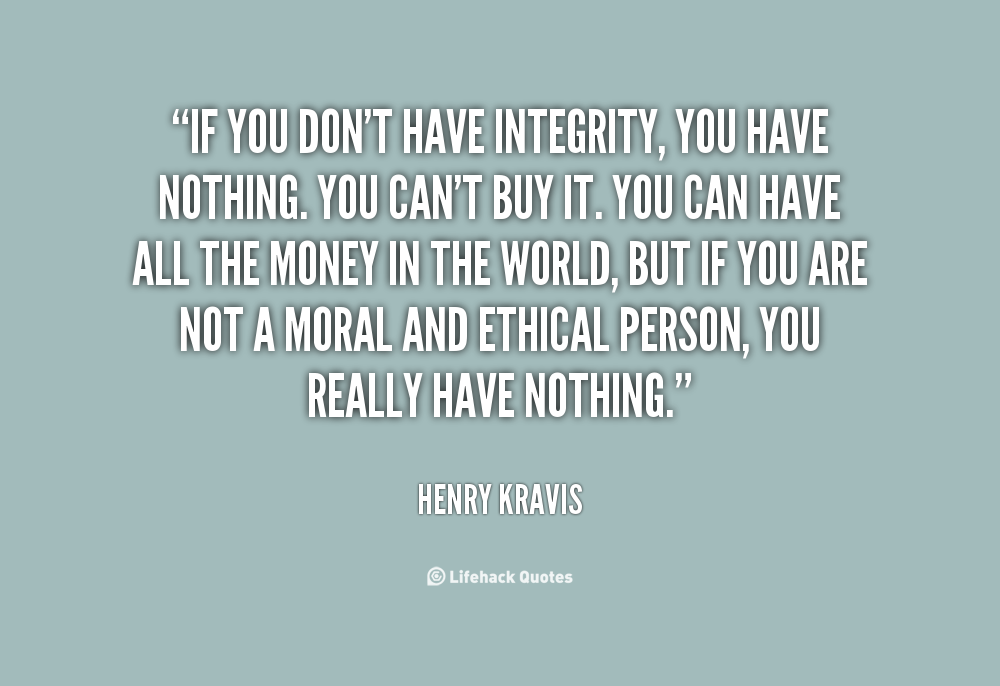
For more sleep support, check out our sleep shop.
See a doctor if you notice that you frequently have trouble falling asleep or fall asleep very quickly each night.
Consider keeping a sleep journal to track your sleep habits. This may be useful during a doctor’s appointment to pinpoint your symptoms and any underlying causes for the sleep difficulty.
It should take between 10 and 20 minutes to fall asleep at bedtime.
Some days, external factors like stress or worry may extend the time it takes you to fall asleep. Or you may be exhausted from lost sleep or not enough sleep and fall asleep much more quickly.
To reach that normal window of time it takes to fall asleep, establish a healthy bedtime routine, make sure you get enough nightly sleep, and avoid practices that may keep you up at night.
Talk to your doctor if you regularly experience difficulty falling asleep or are exhausted from lack of sleep.
Sleep is an integral part of life and is something we all do on a daily basis. However, a good night’s sleep is not always possible and we’ve all been guilty of pulling at least one ‘all-nighter’ during our time, whether that be revising for an exam, caring for a loved one, partying too hard or having to travel at an awkward time in the morning. Whilst one sleepless night may seem relatively harmless, the potential health risks are actually quite severe. The question is, just how long could you go without sleeping?
However, a good night’s sleep is not always possible and we’ve all been guilty of pulling at least one ‘all-nighter’ during our time, whether that be revising for an exam, caring for a loved one, partying too hard or having to travel at an awkward time in the morning. Whilst one sleepless night may seem relatively harmless, the potential health risks are actually quite severe. The question is, just how long could you go without sleeping?
Scientists still aren’t 100% sure why we sleep, or how it even evolved in the first place, but there are some things we know for sure. Sleep is absolutely essential to all forms of life on Earth, including animals, plants, micro-organisms and even some single-celled forms of bacteria. Sleep facilitates muscle growth and repair, maintains our cognitive ability, and lack of sleep can lead to many health issues like obesity, depression, type-2 diabetes, and even a shorter life expectancy. For the brain to function properly we need to be getting around 8 hours sleep per day, although there is no exact figure for how much sleep a person needs as every individual is different.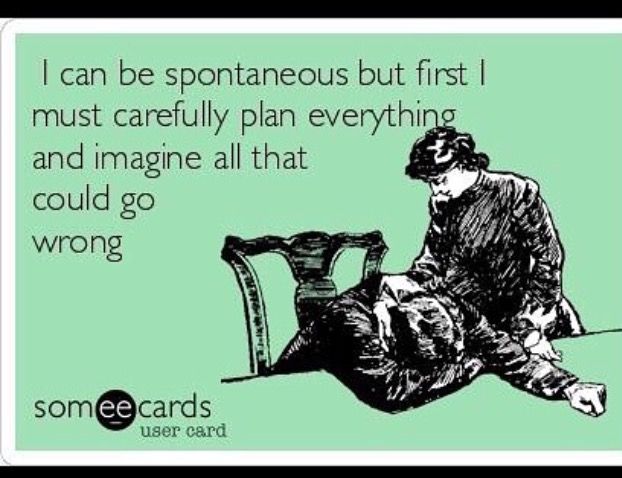
The following is just a general guide, and the effects of sleep deprivation will differ depending on the individual:
10-12 hours without sleep: The body is at its optimum level, or ‘peak state’, for different functions in the 8 or so hours following sleep. Let’s say you woke up at 7:30am, then you’d be at your most alert at 10:00am, have the best coordination at 2:30pm, and the fastest reaction time at 3:00pm. At 5:00pm, the body would have its highest cardiovascular efficiency and muscle strength. So in those first 10-12 hours without sleep, everything seems okay and your body is working well.
14 hours without sleep: This is an acceptable and normal amount of time to be awake, with the average person staying awake for 16-18 hours per day. At around 9:00pm, the body will start to produce melatonin, which is a vital sleep-inducing hormone, and you’ll begin to feel tired. This is the body’s natural way of preparing you for sleep, ensuring as good of a night’s sleep as possible, so it is essential that no stimulating activity is experienced during this period between 9:00pm-11:00pm.
24 hours without sleep: After those initial 16 or so hours, the body will start to slow down and we’ll feel very tired. If we fail to sleep during that period, then our feeling of grogginess, tiredness and irritability will start to increase significantly. The body’s cognitive function will display similar levels to the effects of intoxication, and the immune system will start to suffer. Driving without sleeping for this long is as dangerous as driving over the alcohol limit. Staying awake for 24 hours sees the body shut down parts of the brain, which impairs our short-term memory.
36-48 hours without sleep: Here, the body is extremely sleep deprived, and now things could start to get weird… Surprisingly, you may suddenly start feeling very active and alert after being awake for this long. This is because the brain will start secreting adrenaline, which is a stimulating hormone produced in stress-like situations, and is the body’s way of trying to remain active even though deep down, it is extremely fatigued. Sometimes, after 48 hours without sleep, the body will permanently shift itself into ‘fight or flight’ response mode.
Sometimes, after 48 hours without sleep, the body will permanently shift itself into ‘fight or flight’ response mode.
3-5 days without sleep: At this stage, the lack of sleep will begin to pose a serious health risk, bearing in mind you’re now halfway to breaking the world record for time gone without sleeping. Confusion, hallucinations, paranoia, slurred speech, blurred vision and delusional episodes, among other things, will ensue. One could argue that 5 days without sleep is almost life-threatening.
1-2 weeks without sleep: The longest anyone has officially gone without sleep is 11 days, in a controlled experiment. Although some people have claimed to go months (one monk has claimed to have not slept since 1980), if not years without sleeping, there is no real evidence to suggest they’re telling the truth. Rats drop dead after being awake for 1-2 weeks, and for humans, going longer than this realistically isn’t possible. The body’s urge to sleep will just be too strong, and you won’t have a choice but to drift off into sleep.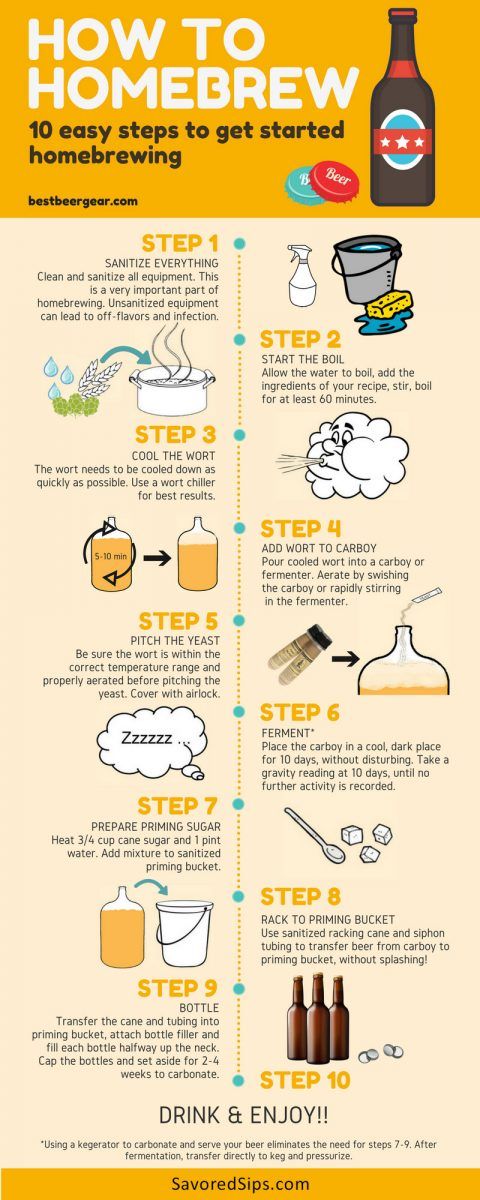
As previously mentioned, the longest official time anyone has gone without sleep is 11 days and 24 minutes, a feat achieved in 1964 by a then 17 year-old Randy Gardner. Gardner displayed no serious health issues, other than irritability caused by his tiredness. Controversial sleep deprivation experiments have also been carried out on rats. The rats were forced to stay awake using a variety of techniques, and the results were always the same - the lack of sleep would become fatal after only two weeks. Sleep deprivation can also be fatal for humans too - there is a condition called Fatal Familial Insomnia (FFI), which is a form of progressively worsening insomnia, and those diagnosed can only expect to live for 18 months after diagnosis. This condition stems from a mutated gene which is only present in around 40 families worldwide, so is extremely rare. There is no known cure, and the sufferer’s inability to sleep leads to hallucinations, delirium, confusion and eventually, death.
Whilst going 24+ hours without sleep is at the extreme end of the scale, the fact is that many of us are sleep deprived without even knowing it. The majority of the population aren’t getting enough sleep on a daily basis, leaving us in a constantly sleep-deprived state. This means that a lot of the issues caused by staying awake for 24+ hours (like poor memory, depression, and a weaker immune system) will be felt to a lesser extent, but when added up over the course of a lifetime it can significantly affect our well-being.
To give an answer to the original question, the average person will begin to seriously suffer after only 24-48 hours without sleep. 4-5 days would probably be the limit for most people before their bodies forced themselves into sleeping. However, staying awake for anything over 20 hours would be strongly recommended against, and the example of the Fatal Familial Insomnia condition just goes to show how vital sleeping well is to our general health. Lack of sleep really can be fatal, so make sure you’re getting enough.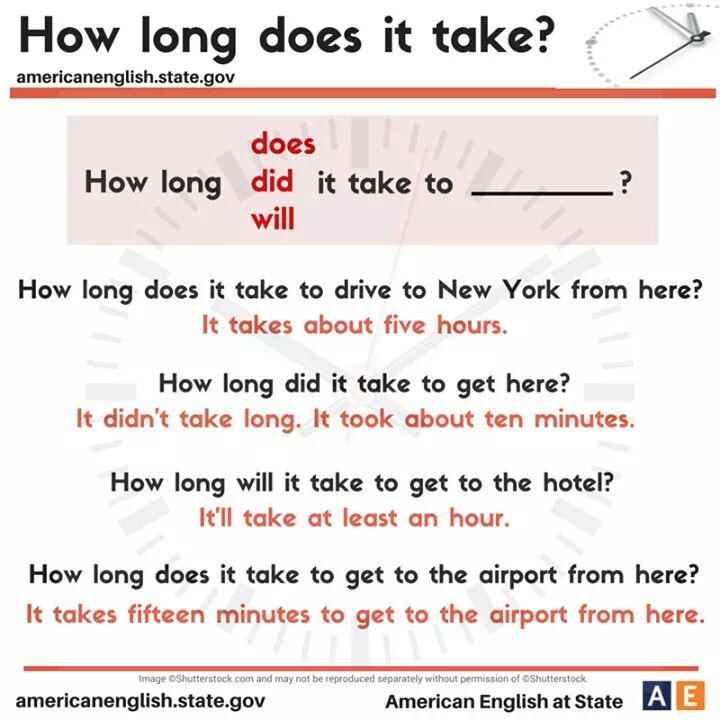 What’s the longest you’ve ever stayed awake for?
What’s the longest you’ve ever stayed awake for?
More stories like this one
Image copyright Getty Images
How do we fall asleep? Yes, we do it every evening, sometimes even more often, but the process of falling asleep itself remains a mystery.
An international team of researchers from the University of Cambridge is trying to understand what happens to the human body and brain during drowsiness, the transitional period between wakefulness and sleep. nine0011
Scientists are measuring and analyzing this process by which a fully conscious, controlled person enters a state of unconsciousness and dreams.
Researchers are also trying to understand if it is true that this is one of the most creative periods for people.
Although neuroscientists have long studied brain activity during sleep, little is known about the process of falling asleep, Cambridge scientists say.
"Some fall asleep very quickly, others take a very long time," says Sridhar Rajan Jagannathan, a Chennai (Madras) researcher who makes his living by watching people fall asleep.
The "transition" period from wakefulness to sleep usually takes 5 to 20 minutes, says Jagannathan, who is involved with the Cambridge project. The study is funded by the Bill Gates Foundation. nine0011
But in this intermediate period, people behave differently. Some simply gradually and smoothly "roll" into sleep. But for many it is not so simple.
Some simply gradually and smoothly "roll" into sleep. But for many it is not so simple.
Sridhar Rajan Jagannathan wants to understand what the brain is doing just before sleep
"Some people start to doze off and then are fully awake again," he says. These people seem to vacillate between the desire to sleep and the equally strong desire to stay awake.
Dr. Tristan Beckinstein, head of the Cambridge laboratory where this study is being conducted, says there are people who, quite consciously, can stop the process of falling asleep. nine0011
He calls the moments between wakefulness and sleep "fog of consciousness". At this time, the eyes become covered with a veil, attention to what is happening around becomes dull, and conscious thoughts begin to disappear in the head.
Jagannathan, among other things, considers how the process of falling asleep can be associated with accidents and serious mistakes in human behavior. nine0011
nine0011
During work, for example, people may appear quite alert and minding their own business, but if they actually start to fall asleep, this is fraught with great risks.
"If you're doing something boring at work, you probably won't fall asleep fully, but you can easily start nodding off. You will notice yourself that you lose the thread of what is happening around you and start to doze off" says Sridhar Rajan Jagannathan.
"Snoozing can lead to serious problems," he says. Especially if you are driving or doing something else that requires concentration of thoughts and making quick decisions. nine0011
Image copyright, Getty Images
Image caption,Many begin to fall asleep in the middle of the day, which is bad for their productivity.
According to Jagannathan, among other things, researchers are trying to identify the symptoms of the beginning of the process of falling asleep.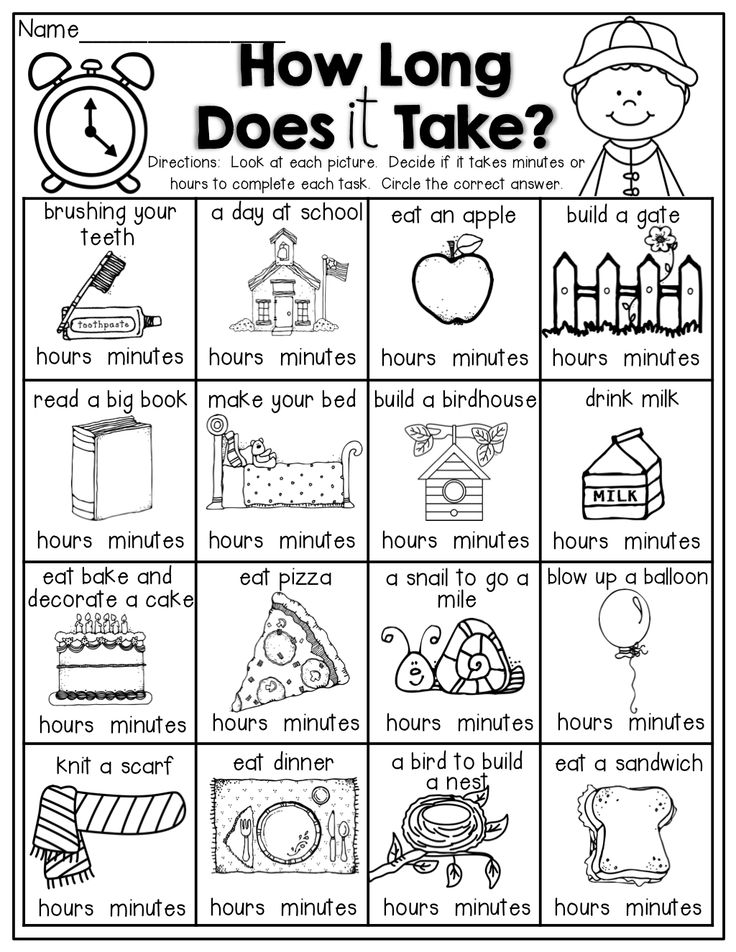
It is also interesting why accidents due to falling asleep at work or while driving are more common among right-handers than left-handers. nine0011
Researchers also hope that studies of brain activity during sleep and awakening can help stroke survivors who are trying to regain control of their arms and legs.
But the process of falling asleep also has positive aspects. Apparently, this moment of daydreaming has something to do with creativity.
Image copyright, Getty Images
Image caption,A tired driver is dangerous to others
"In this transitional period, people feel more liberated, and this helps creativity, - says Jagannathan. - You have more freedom of expression. In this state, you are ready to make mistakes."
Many artists, writers and musicians have long said that the best ideas often come to them just before bed.
This also explains the habit of many people to postpone important decisions until the morning, because in the process of falling asleep and waking up, interesting and unexpected thoughts can come to mind.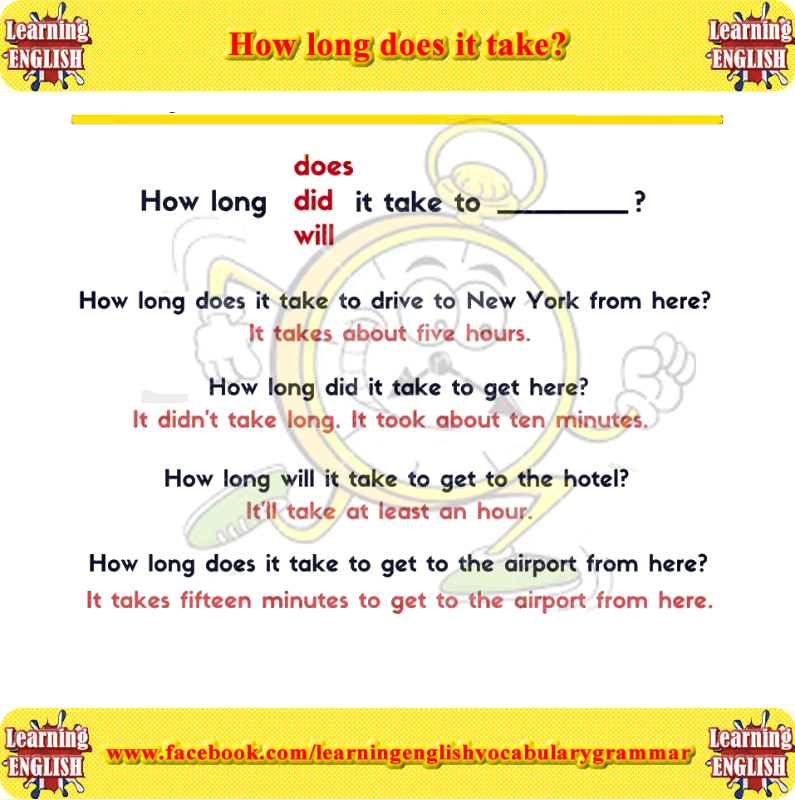 nine0011
nine0011
The Cambridge study also sheds light on how our brains respond to external stimuli during sleep.
Jagannathan says that in this state our consciousness often ignores most sounds and words, but if a person hears his own name, he usually wakes up.
This fact indicates how the human brain works. This is not a machine that registers various sounds, but a mechanism that reacts to words that carry a certain meaning - like, for example, your own name. nine0011
"The meaning of sound is extremely important," says the scientist.
Photo credit, EPA
Photo caption,Cambridge study funded by Bill Gates
Skip Podcast and continue reading.
Podcast
What was that?
We quickly, simply and clearly explain what happened, why it's important and what's next.
episodes
The End of the Story Podcast
Dr. Beckinstein also claims that people continue to keep track of time while they sleep. nine0011
For example, he says, many people who should be on an early morning or night flight are known to wake up on their own minutes before the alarm goes off.
"The accuracy of this timekeeping is very high. People are able to know what time it is quite accurately, even in their sleep," he says.
Tristan Beckinstein also confirms the existence of a paradox related to sleep: those who want it the most find it hardest to fall asleep. nine0011
Researchers conducted experiments on students who were offered to pay money if they could fall asleep as soon as possible. But this psychological pressure backfired, and they couldn't sleep.
According to Jagannathan, scientists should better understand how a person relaxes and falls asleep.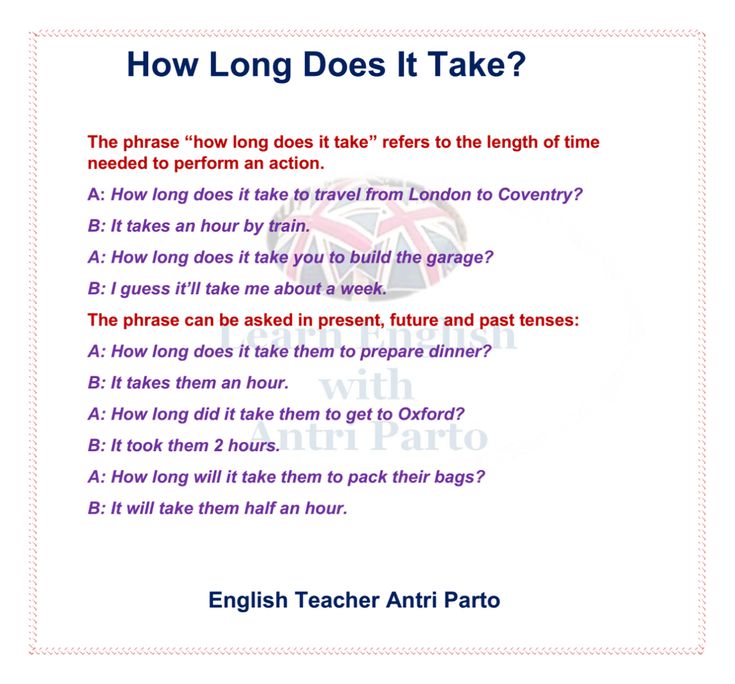
"When people complain about insomnia, they are asked how they sleep when they succeed: how long or how deep the sleep was, for example," he says. nine0011
"But they are never asked how they manage to fall asleep. And this is the most important thing," the researcher emphasizes.
July 3, 2020 A life
Scientists have named a specific time for each.
At first glance, everything seems simple: to get a good night's sleep, you just need to sleep longer. But if you are a fan of such “simple” solutions, Lifehacker has some bad news for you.
Lack of sleep has a lot of side effects: from fatigue and loss of concentration to the inability to feel like a person without being flooded with caffeine. They are known to anyone who has passed difficult sessions or is too familiar with the phrase "deadline tomorrow morning. " However, overfilling is fraught with serious troubles.
" However, overfilling is fraught with serious troubles.
In a large-scale study of almost one and a half million adults, an interesting statistical pattern was established. People who sleep less than 6 hours a night have a 12% higher risk of dying prematurely from any health problem than those who get the standard 8 hours of sleep. But those who like to sleep longer 9hours every day, the risks of dying prematurely are even higher - up to 30%!
And the desire to spend more than 8–9 hours in sleep, if it accompanies a person constantly, is a dangerous marker of cardiovascular disease.
In general, sleeping a little longer is sometimes, of course, a good option. But it is better not to flirt and try to keep sleep within certain norms. Moreover, these norms have already been calculated.
The US National Sleep Foundation has taken this issue seriously. They formed an expert group of the world's leading sleep scientists, as well as representatives of the most authoritative organizations in the field of health: neurologists, psychiatrists, gerontologists, pediatricians . ..
..
For two years, researchers carefully studied scientific publications and reports related to sleep and its effects on the body and well-being. As a result, updated recommendations regarding the duration of rest, depending on age, appeared. nine0011
Here's how much sleep you need to be productive and healthy:
The spread in numbers is associated with the individual characteristics of each person. And this is understandable, because the amount of sleep we need depends not only on age, but also on lifestyle, activity level, and general health.
However, the boundaries of healthy sleep are still quite categorical. If you sleep more or less than the time indicated for your age group, we are most likely talking about sleep disorders - with various health consequences. nine0011
The only way to start getting enough sleep is to try to “fit” the duration of sleep into healthy limits.
Most often, the problem of lack or excess of sleep is caused by two things:
And if the solution of the first point is largely related to self-discipline, then in the second case the situation is more complicated. It often happens that, having honestly gone to bed at 23:00, we wake up to the alarm clock, for example, at 6:30. But at the same time, we feel completely overwhelmed - although the recommended norm seems to be observed. nine0011
The reason is that sleep is a cyclic phenomenon.